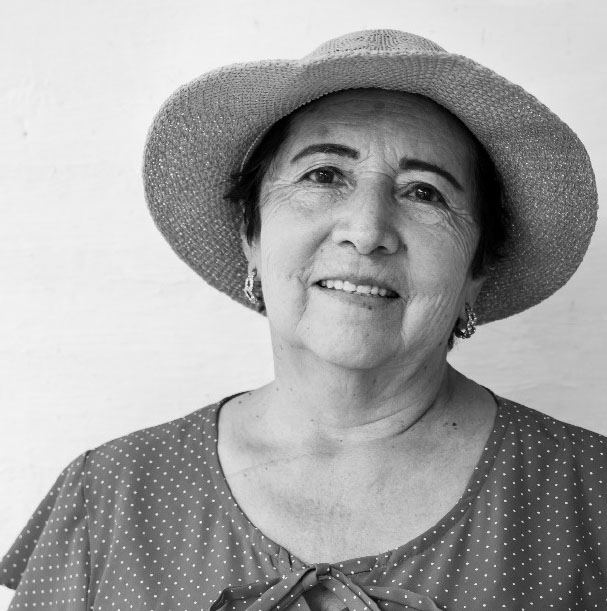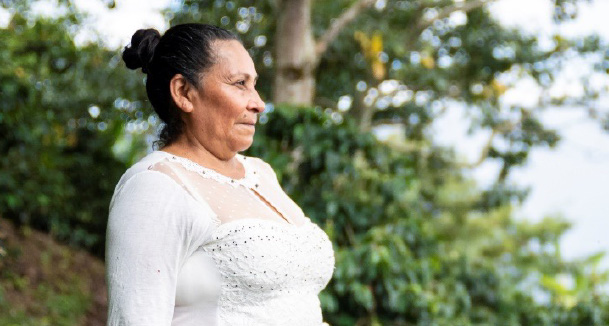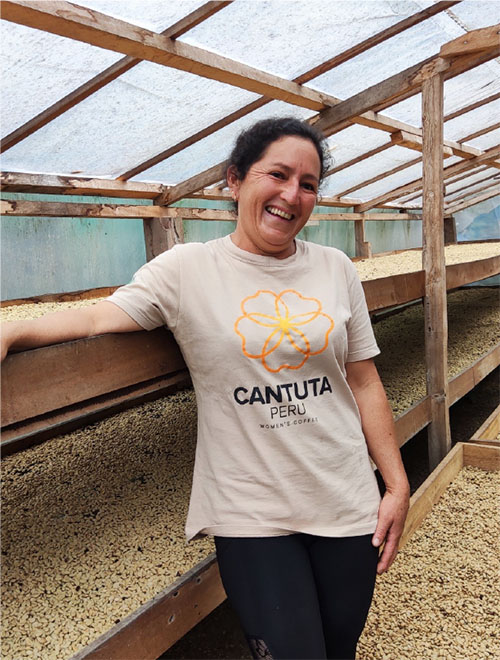66 women from the western region of Honduras, Ocotepeque our newest Chapter of the Los Sueños del Café project.
432 women coffee farmers and their family members, participating in the original Los Sueños project in La Plata, Huila, Colombia.
320 women farmers across three associations / cooperatives throughout the Amazonas region of Northern Peru.
IMPACT STRATEGY
The program’s services are framed under the four pillars of the International Labour Organization’s (ILO) Decent Work Agenda, who has been a strategic partner of RGC for the past two years, supporting the implementation of decent working conditions in coffee supply chains.
Social Recognition
Living in Harmony
Creating a new social narrative to bring value to the role of women in the household and community, protecting and caring for children, and generating awareness among men regarding gender roles.
Economic empowerment
The Power of Choice
Enabling women to be decision-makers through financial literacy training, access to financial capital (transparent, self-managed revolving credit funds), and entrepreneurship.
Quality and Productivity
Giving the Best to the World
Providing trainings to women coffee farmers in good agricultural practices and post-harvest processing techniques, ensuring access to technical assistance and resources for infrastructure improvements.
“My life was a swamp, but I became a beautiful and colorful bird…
…and I flew very high to a forest, and in this forest, I could fly and be who I always wanted to be. My forest is the Las Rosas Group.”
Like Lidia Maria, we have many women whose rights have been violated and thanks to the support provided by the Sueños del Café program, this group of women has been able to emerge again and become leaders in their families and communities.
Uplifting women for prosperity in coffee communities through a family-centric approach.
Project Updates
In 2022 The first exchange of women between two countries was made, Las Cantutas Peru came to Colombia to learn from Las Rosas. The group was trained in Los Sueños methodologies, but the most important part was the inspiration both groups got to continue expanding their work in their communities.
Click below to learn more and download our latest Los Sueños project update.
AWARDS AND RECOGNITIONS
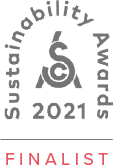
Las Flores del Café was a selected as a finalist for the Specialty Coffee Association’s annual Sustainability Awards.
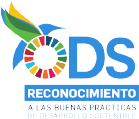
The Colombia Chapter of Las Flores del Café, Las Rosas, was awarded The Global Compact Colombia Recognition 2021 for its contribution to United Nations SDG #5 in the category of women´s rural entrepreneurship. The award was presented to Las Rosas as part of the UN’s annual recognition of Good Practices in Sustainable Development.
